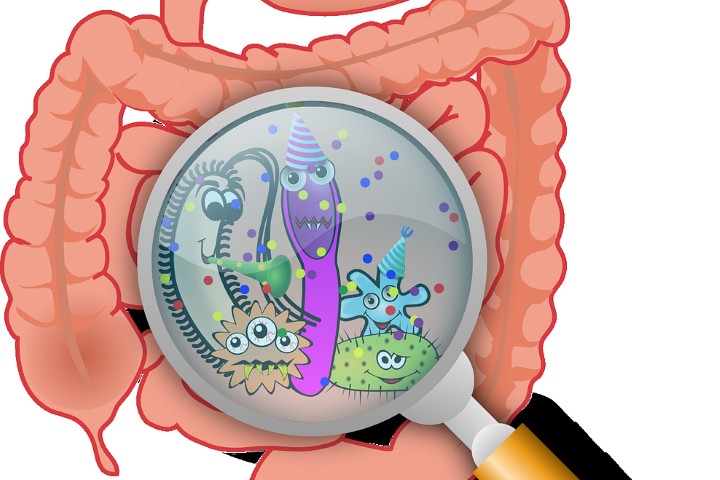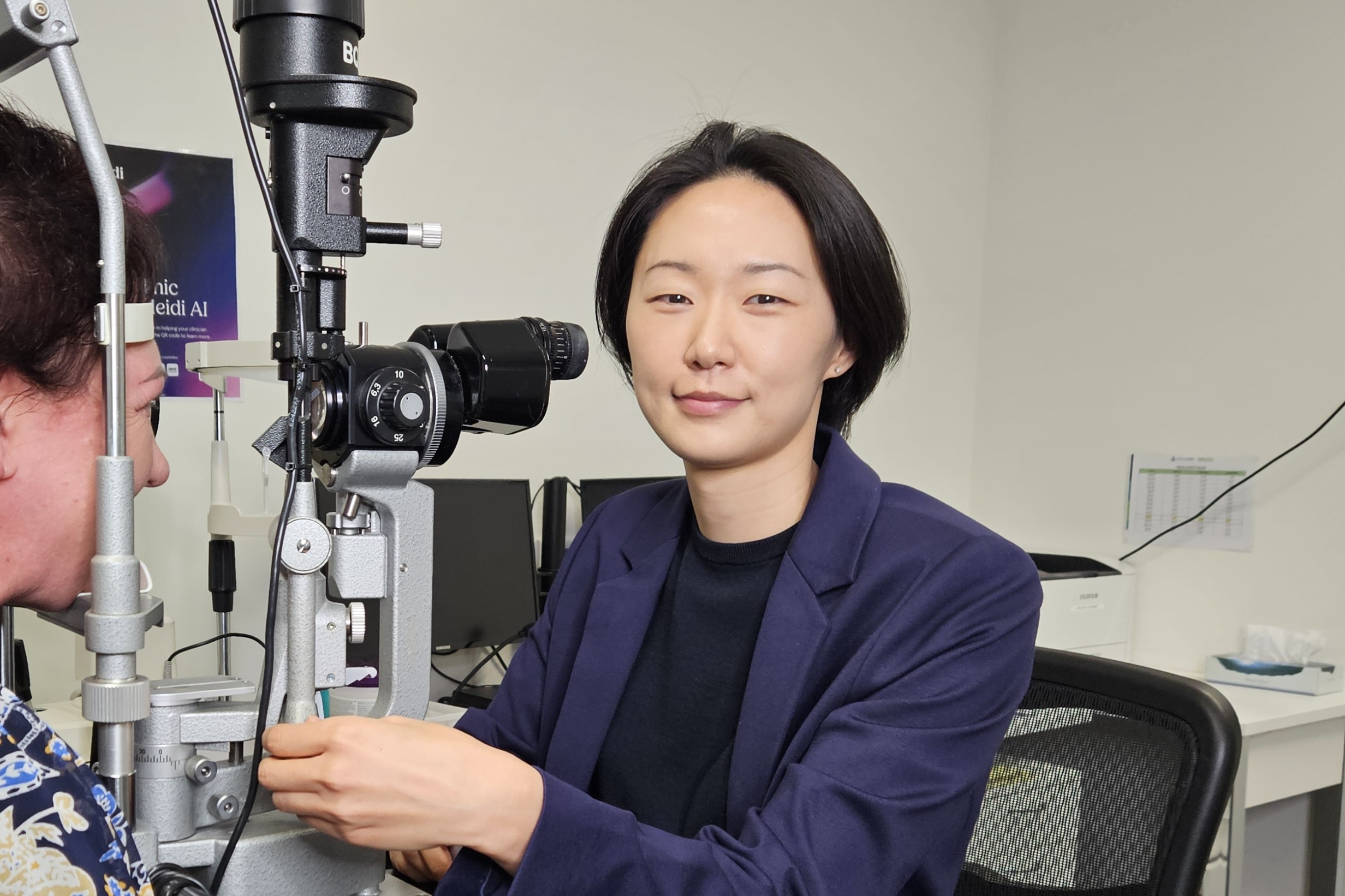ROP linked to poor gut flora
Researchers in Taiwan found reduced gut microbial diversity may be associated with retinopathy of prematurity (ROP) development in high-risk preterm infants.
Writing in Clinical & Experimental Ophthalmology, authors said stool samples were collected from 110 preterm infants with gestational age <32 weeks and/or birth weight <1,500g, born between 2020 and 2021. Their samples were collected at different postnatal ages to assess microbial diversity, taxonomy, relative abundance, bacterial predicted functional analysis and their associations with different ROP groups.
Of these infants, 13 had type 1 ROP (treatment warranted), 44 had type 2 or mild ROP and 53 did not have ROP. Type 1 ROP showed no significant difference in microbial diversity up to eight postnatal weeks, while type 2 and no-ROP groups displayed increased diversity. The Bifidobacterium genera was notably less abundant in the most severe (type 1) ROP group at first postnatal week and subsequently remained low.
“Further research is needed to comprehend how early-life Bifidobacterium reduction affects metabolism and how targeting microbiome may help ROP prevention and management,” wrote researchers.
























